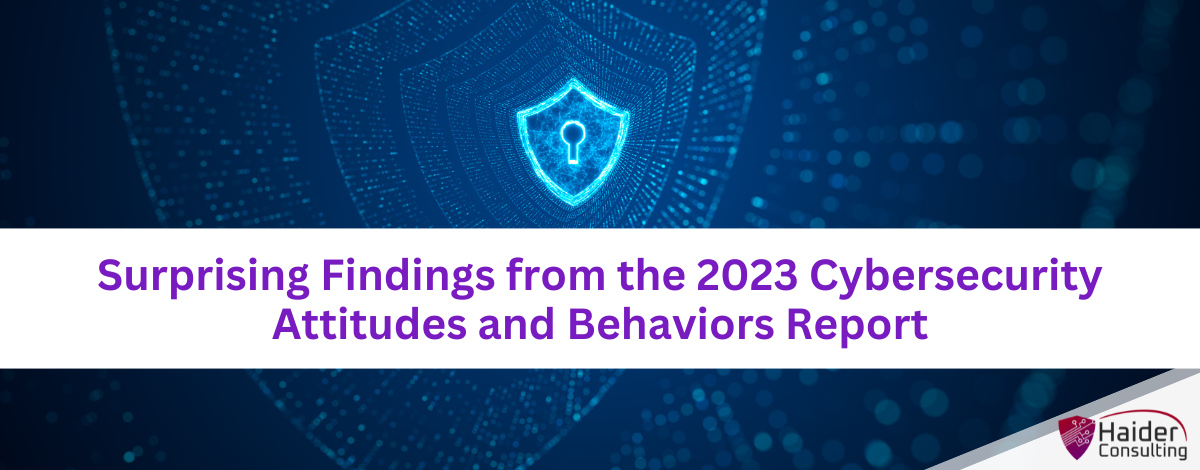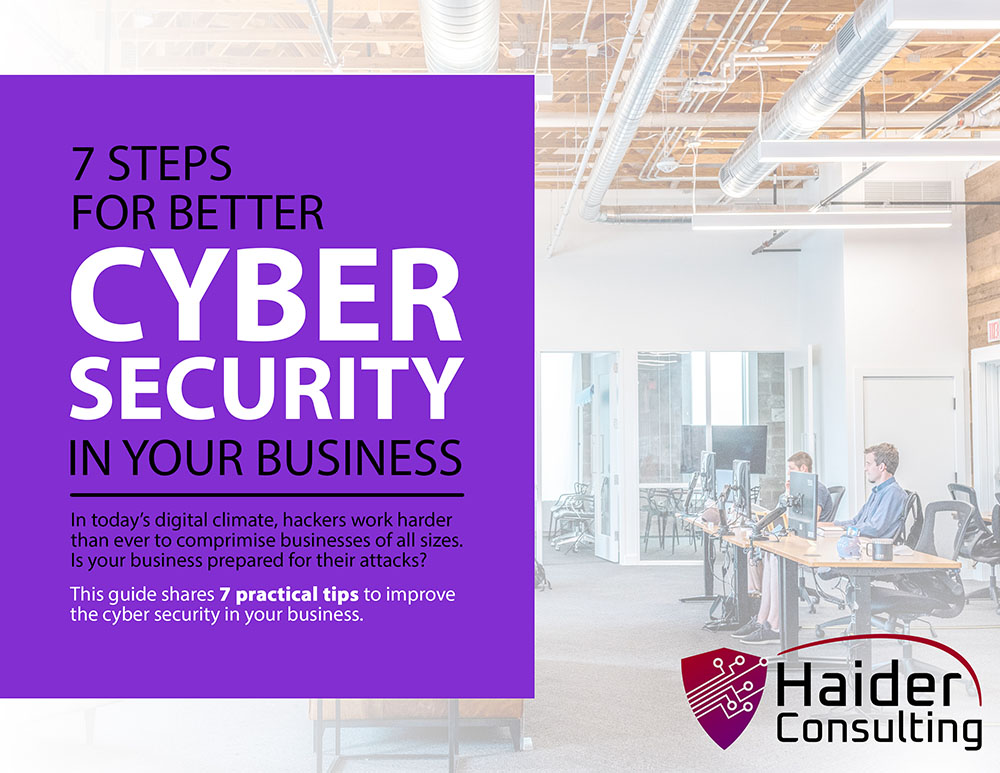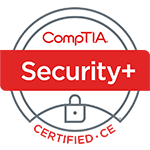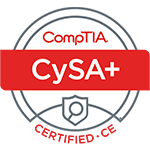We’re living in a time where being online is a big part of our lives. This makes keeping safe online super important. As technology gets better, so do the dangers hiding on the internet.
A lot of the time, we put ourselves at risk because of the things we do (or don’t do). Things like using easy-to-guess passwords, not being strict about our online security, or thinking we won’t be targeted by hackers. Actually, about 88% of the time when data gets stolen, it’s because of these kinds of mistakes.
The National Cybersecurity Alliance and CybSafe are trying to help people and companies get better at protecting themselves online. They put out a report every year that looks at how people think and act when it comes to staying safe on the internet.
This year, they talked to more than 6,000 people from the U.S., Canada, the U.K., Germany, France, and New Zealand. They asked them about what they know about online dangers, how they keep safe, and the problems they run into.
The findings from this report are really revealing. They show us how people see online threats and what steps they can take to be more secure. Here’s what they found out.
We Spend a Ton of Time Online
It turns out that 93% of people surveyed go online every single day. We’re not just online more; we also have more accounts that need protection. These “sensitive” accounts have personal info that would be bad news if hackers got a hold of it.
About 47% of those surveyed said they have 10 or more of these sensitive accounts. This raises the stakes. Especially if someone uses the same password for several accounts.
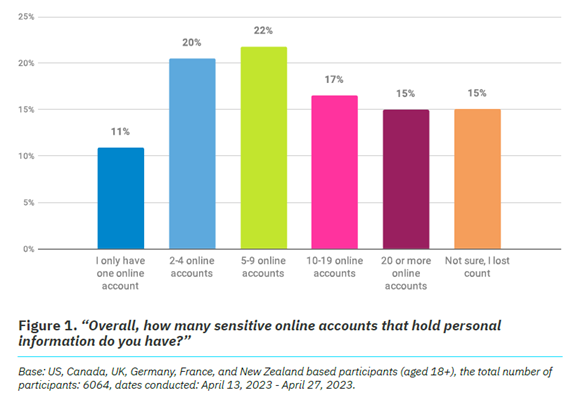
Online Security Can Be Overwhelming
A lot of people (84%) think keeping safe online is really important. Yet, 39% find it frustrating and about as many feel it’s daunting. It might feel like no matter what you do, hackers are always a step ahead. Just over half believe they have control over their digital safety, leaving many feeling helpless.
However, that’s not a reason to give up. There are effective steps you can take to protect your online life:
- Turn on multi-factor authentication for all your accounts.
- Use an email spam filter to catch phishing attempts.
- Install a DNS filter to keep malicious sites at bay.
- Follow strong password guidelines to make your accounts more secure.
More Cybersecurity Education is Needed
Training people on cybersecurity can cut down on mistakes. But, the survey shows only 26% of people have had any cybersecurity training.
Looking closer, those who aren’t working are missing out the most on this training. Even people with jobs could benefit from more training opportunities. Only about a third of those working say they’ve had access to and used cybersecurity training.
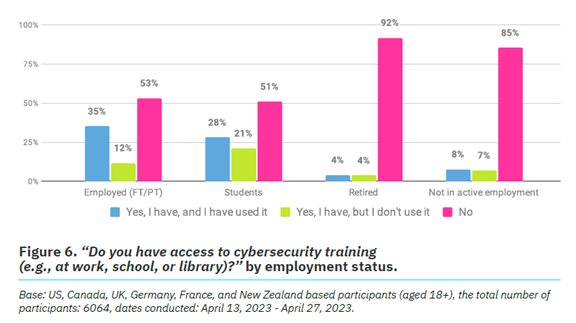
Businesses can lower their chances of a data breach by offering more and better security training. There’s also a big chance to extend more training to retired folks or those not currently working.
More People Are Reporting Cybercrimes
About 27% of people surveyed mentioned they’ve experienced cybercrime. The most common types they reported were:
- Phishing scams (47%)
- Scams on online dating sites (27%)
- Identity theft (26%)
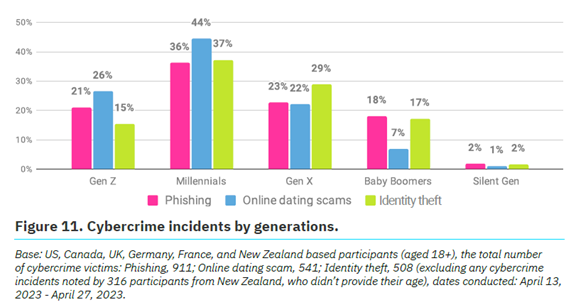
Interestingly, Millennials reported the highest number of cybercrime incidents, while Baby Boomers and the Silent Generation reported the least. But remember, no matter what generation you’re a part of, it’s important to maintain healthy cyber security practices.
How to Keep Yourself Safe Online
Here’s just a few quick tips to get you started with better cyber security.
1. Use Strong, Different Passwords:
Start with the basics: have a different, strong password for each account. Mix in uppercase and lowercase letters, numbers, and symbols.
2. Add Extra Security with Multi-Factor Authentication (MFA):
Boost your account safety with multi-factor authentication. This is an extra step to keep others out, even if they know your password.
3. Always Update Your Software:
Make sure all your software is up-to-date, including your computer’s operating system and apps on your phone.
4. Watch Out for Scams:
Be careful with links or attachments in emails, especially if they’re from people you don’t know. Double-check email and website addresses for small mistakes that might mean it’s a scam.
5. Use Safe Wi-Fi:
Only use Wi-Fi that’s secure and has a password. If you have to use public Wi-Fi, use a VPN for anything important.
6. Back Up Your Data:
Regularly save important information somewhere safe, like an external hard drive or cloud storage.
7. Install Protection Software:
Use trusted antivirus and anti-malware programs on all your tech. Do regular checks for any dangers.
8. Check Your Social Media Privacy:
Go through your social media privacy settings. Keep your personal info private.
9. Protect Your Devices:
Lock your phone, tablet, and computer with a strong password or your fingerprint.
10. Learn and Keep Up to Date:
Learn about staying safe online with cybersecurity training. This helps everyone be more alert and ready.
Book Your Cybersecurity Training Now
Learning about cybersecurity can greatly help safeguard your data. Our team can offer you the security training you need to better protect against scams and cyber threats.
Get in touch with us to set up a talk.
Book My 17-Minute Call